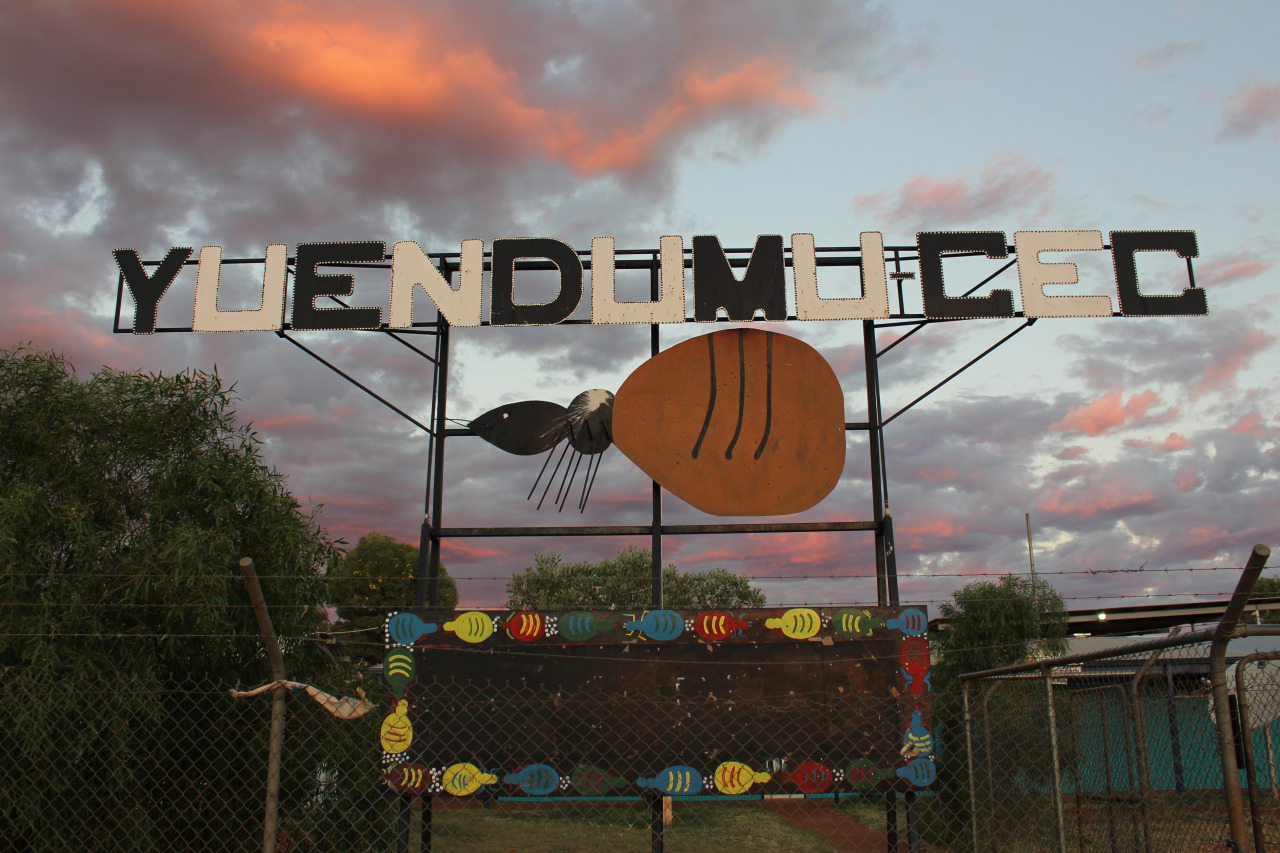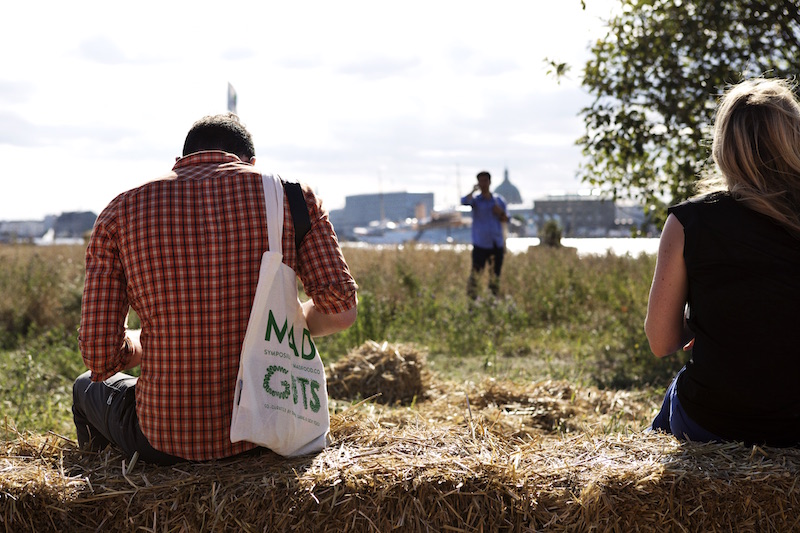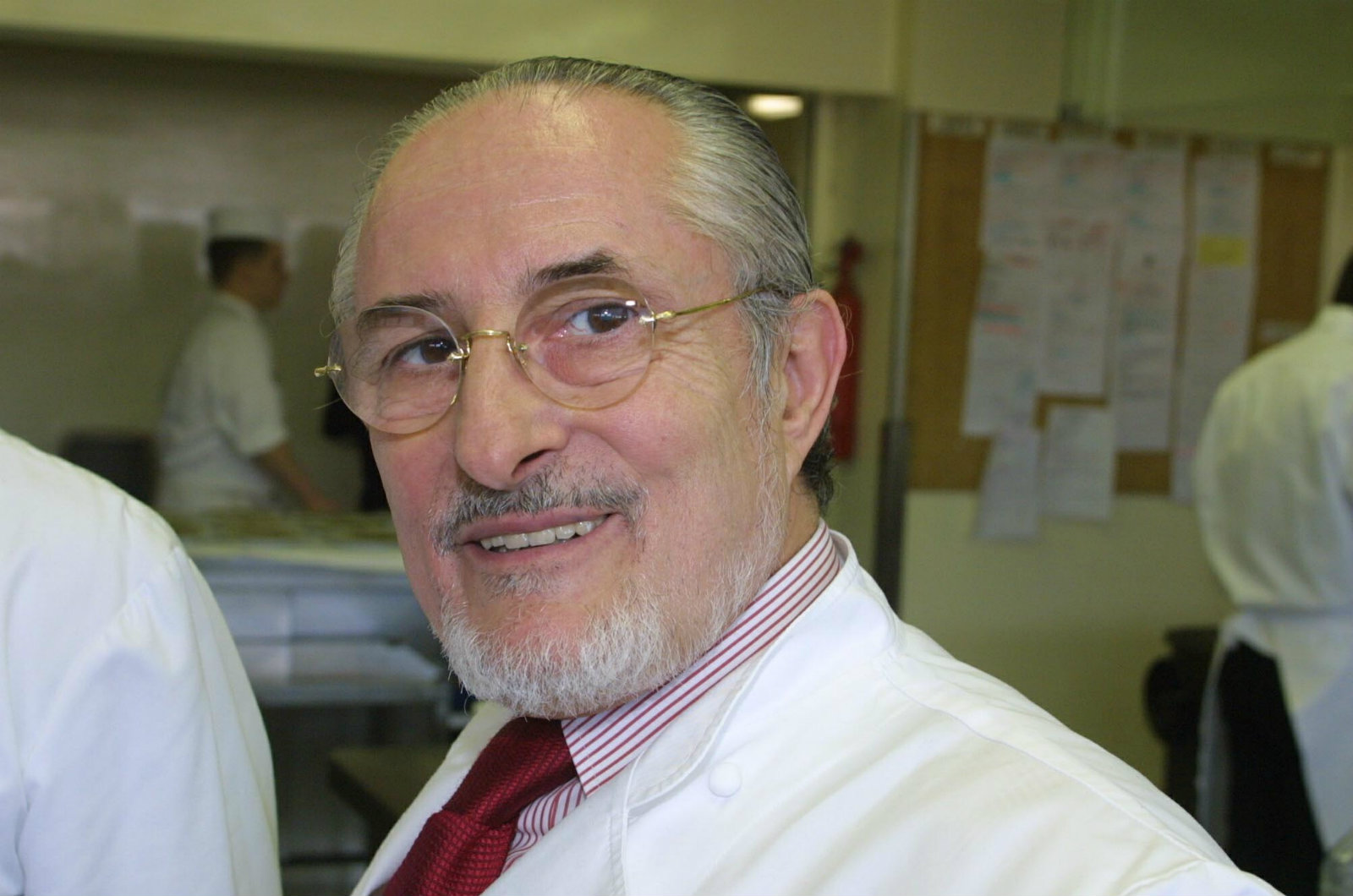Arthur Karuletwa | Symposium Stories
MAD Symposium isn’t just about game-changing inspiration and ideas. It also brings people together in a melting pot of passion, creativity and purpose.
Arthur Karuletwa is a social entrepreneur with over 20 years of experience tackling poverty through coffee and other agricultural commodities. As a contributor to MAD’s Dispatch publication ‘You and I Eat the Same’, Karuletwa attended Symposium in 2018. There, he spoke movingly about his experience as a survivor of the Rwandan genocide, and how he began to work with coffee, finding in it and in the practice of ingredient traceability a powerful means of supporting local communities and preserving farming identities.
MAD was a good experience for him. “I always regarded myself as a misfit, somebody doing things alone but, when I got to the tent, I met people who were just as crazy as me,” he recalls. “The Symposium took me to a different stratosphere, both emotionally and physically. Listening to everyone, their bold vision, their courage, and what they’ve been through, I said to myself: ‘I’m on the right track, I’m not going to give up, and this is going to take a village’.”
“We need misfits to go out there and change the world,” he adds.
While Symposium left a big impression on Karuletwa, it was only when he visited a fifth-generation Partanna olive farm in Southern Sicily as part of his work with the Schultz Family Foundation that he learned of its true impact. Run by the Asaro family, the farm had been tapped to supply the extra virgin olive oil for a new range of Starbucks coffee drinks: Oleato Beverages. Karuletwa’s job was to ensure both an ethical and sustainable supply chain.
“You look familiar,” farm owner Tommaso Asaro said to Karuletwa when they first met. Karuletwa initially thought it was just another case of mistaken identity. “He said he didn’t meet a lot of black, bald, tall people in Sicily, and he insisted it was going to come him,” Karuletwa explained. “After a while into the conservation, he exclaimed: ‘I was sitting right there in the front row at Symposium, looking straight at you! I was there with my son, Nino, who’s an aspiring chef and a huge fan of Rene Redzepi’.”
Karuletwa’s talk had stuck with Asaro, who was at the time observing first-hand the struggles of African migrants working on farms in Sicily. If they’re fortunate enough to survive the journey across the Mediterranean, they arrive in incredibly poor health, Asaro explained. And if they do manage to find a job, the working conditions are often terrible.
“Listening to everyone, their bold vision, their courage, and what they’ve been through, I said to myself: ‘I’m on the right track, I’m not going to give up, and this is going to take a village’.”
Asaro asked Karuletwa to expand his work beyond product traceability to address the issues faced by migrant farm workers in the village—and that today also affect many farming communities across the world.
“In European, US, and now, Central American markets, getting the local population to do farm work is near impossible,” Karuletwa explains. “The whole food system in those markets depends on migrants to harvest and do the manual labor.”
“The ultimate goal of farming is not just to grow crops, but it’s the purposeful cultivation and sustainment of our humanity,” he adds. We must acknowledge and celebrate the people who are the architects of that continuance: the farmers.”
Karuletwa recently completed his recommendations for Partanna covering sustainability, traceability, and ethical employment. A cornerstone of the project is the Farmers Club, which launched just three months ago, providing a space for farmers to meet, have coffee, and discuss pressing issues transparently, such as climate, agronomy and social issues. Pending the success of the pilot solution, his next goal is to scale the strategy throughout the EU.
The theme of Mind the Gap is more relevant now than ever, says Karuletwa, particularly the gap concerning the communities growing and harvesting what the world eats. “Global food security hinges on the dignity and welfare of migrant workers all over the world.”
And he now sees Symposium as the critical propulsion he needed to help deliver on this very mission.
“I was trying to make that moonshot,” he says. “I had my rocket: My passion and my profession, and I kept looking at the moon thinking: Will I ever get there? How will I ever get there?
“After the Symposium, I got my jet fuel and now, I’m about to hit the moon.”




